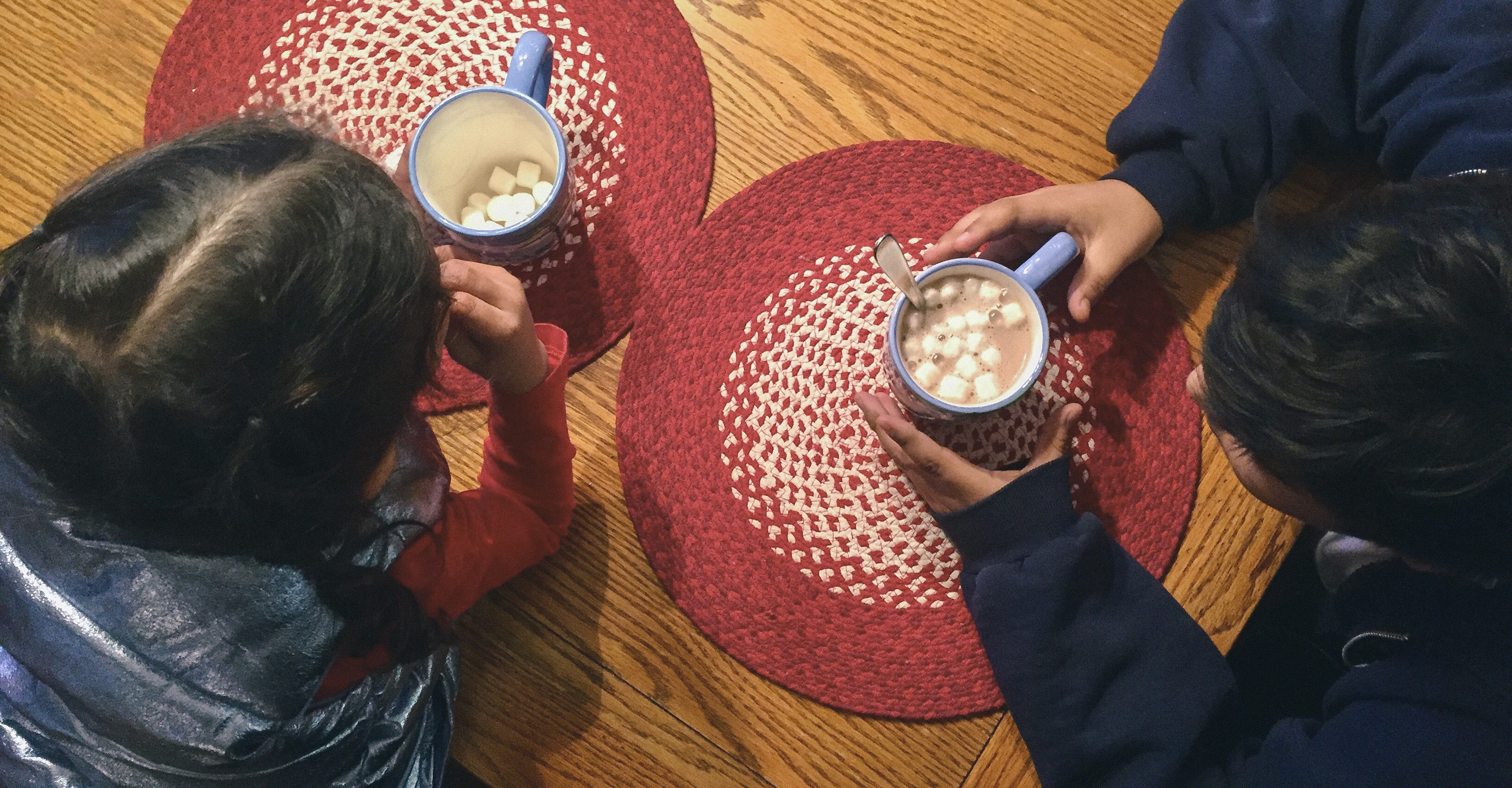


Safe Families
Safe Families, after being vetted, undergoing LiveScan fingerprinting, and approval, serve as temporary hosts to welcome a vulnerable child in need.
Family Friends
Family Friends provide support to Safe Families by providing meals, activities, access to supplies, and through prayer.
"Pure and genuine religion in the sight of God the Father means caring for orphans and widows in their distress and refusing to let the world corrupt you."
Frequently Asked Questions
How is Safe Families different from fostering a child?
Foster Care means the legal separation from parent and child. In foster care, the government has already stepped in and placed children in foster homes apart from their biological families. Safe Families for Children, on the other hand, is a volunteer program that works to keep the families intact so that the government doesn’t need to get involved. The ultimate goal of the Safe Families is to reunite children with their biological parent in a home that is healthier and more stable.
Who is eligible to host a child through Safe Families for Children?
To host a child through the Safe Families program, you must be at least 25 years of age with no criminal past, complete a LiveScan, and have your home inspected to ensure child safety. You must also be a member of EKKO Church, or a graduate of Orthopraxis.
How long does a child usually stay with a host family?
The average length of stay is about six weeks, but placements can last anywhere from two days to a year. The Safe Families team makes every effort to best estimate the length of the stay.
What is LiveScan and where can I get one done?
LiveScan fingerprinting is the electronic scanning of both fingerprints and palm prints. The Safe Families for Children program requires that all the adults of a household complete their LiveScan check before welcoming a child into their home to ensure the safety of the child.
Are the Safe Families able to choose the child?
Yes. Prior to being paired with a child, the Safe Families volunteers will receive a message from a site called youshare.org. The message will provide background information regarding both the child(ren) and the parents involved so that hosts are fully informed before the hosting.
What ages of children does the Safe Families program serve?
While the Safe Family for Children program occasionally provides placements for newborns through adolescents (ages 0-18), there is a high concentration of young, extremely vulnerable children (ages 0-6).
What is the background of the children placed in a Safe Family? What type of situations do the children come from?
The children sometimes come from very difficult circumstances and each child will respond to their new environment in unique ways, based on their personalities and coping skills. The children may come from families that are experiencing varying crises, such as financial problems, unemployment, homelessness, domestic violence, recovery from drug/alcohol addiction or recovery from a medical procedure.
What type of contact will the host family have with the biological parent?
While children are placed in your homes through the Safe Families for Children program, biological parents still maintain full custody of their child and are encouraged to participate in decisions regarding their child’s care. The aim is to facilitate a healthy partnership between volunteers and the biological parents.
Will a child in the Safe Families program typically have behavioral problems?
Possibly, but not necessarily. Trauma can influence a normally well-behaved child to behave poorly, but conversely, can influence a child with behavior problems to behave better.